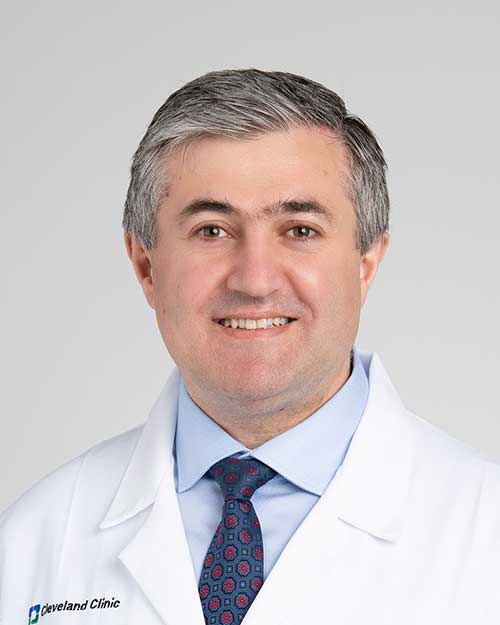
Ahead of World Thalassemia Day on May 8, Cleveland Clinic has announced the availability of groundbreaking gene therapies for sickle cell disease and beta thalassemia, offering new hope for individuals suffering from these severe inherited blood disorders.
The main campus has become one of the few centers globally authorized to administer these novel treatments that have shown potential to functionally cure these conditions.
Sickle cell disease and beta thalassemia affect the body’s ability to produce or process hemoglobin, the protein responsible for oxygen transport in the blood. These disorders can lead to severe health complications and significantly reduce life expectancy.
Traditionally, treatment has been limited to symptom management through blood transfusions and medication, which can lead to further complications such as iron overload and organ damage.
Dr. Rabi Hanna, a hematologist-oncologist and director of the pediatric blood and bone marrow transplant program at Cleveland Clinic Children’s, described the therapies as “well-tolerated and transformative.” He explained, “These new therapies could enable individuals to live free from the often-debilitating effects of these diseases.”
The therapies involve extracting a patient’s own blood-producing stem cells, modifying them to produce functionally normal red blood cells, and then reintroducing them to the patient’s body. This process eliminates the need for a donor match and reduces the risks associated with traditional transplant procedures, such as immune rejection and graft-versus-host disease (GVHD).
Among the therapies offered, exagamglogene autotemcel [Casgevy] is notable for being the first U.S.-approved treatment using the CRISPR gene-editing technology, which won the Nobel Prize in chemistry in 2020. This therapy is applicable to both sickle cell disease and beta thalassemia in individuals aged 12 and older, including adults. Other therapies available include lovotibeglogene autotemcel [Lyfgenia] for sickle cell disease and betibeglogene autotemcel [Zynteglo] for transfusion-dependent beta thalassemia.
Dr. Hanna highlighted the extensive preparation involved in these treatments. “This is a treatment journey involving several phases,” he said, noting that international patients can undergo preliminary phases in their own countries before completing the treatment at Cleveland Clinic.
The entire process involves initial body preparation, stem cell collection and modification, followed by chemotherapy and a hospital stay of four to six weeks to ensure successful engraftment of the modified cells.
Cleveland Clinic’s Global Patient Services (GPS) department is instrumental in assisting international patients with medical appointments and travel arrangements, ensuring a smooth treatment process.
These therapies represent a significant advancement in the treatment of hemoglobin disorders, which affect millions globally. According to the World Health Organization, about 5% of the world’s population carries trait genes for these disorders, with approximately 300,000 babies born with severe conditions each year.




















